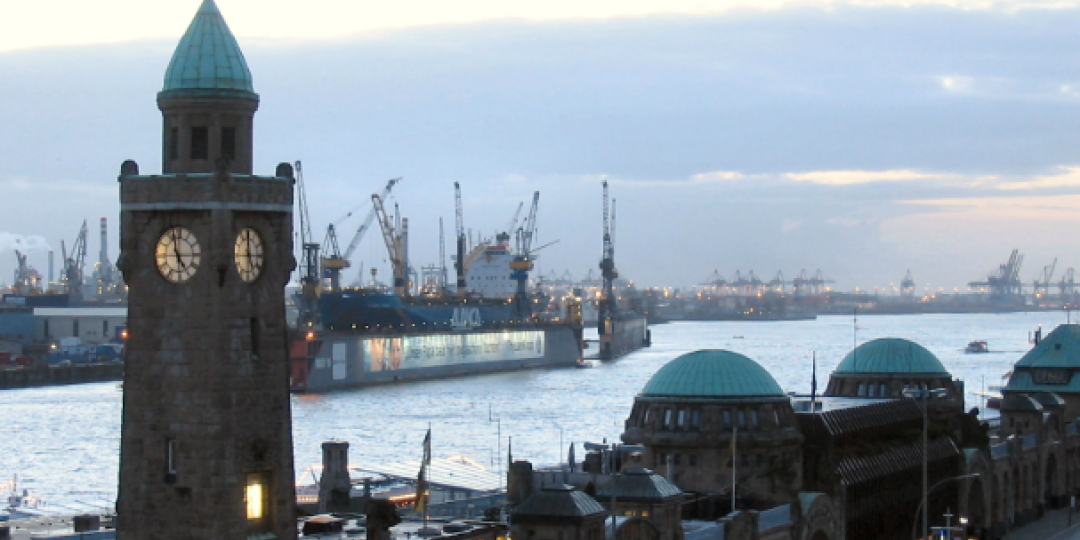All conditions for the voluntary public takeover offer regarding Mediterranean Shipping Company’s entry into Hamburg’s port have now been met.
MSC will proceed with paying €16.75 per Class A share to the shareholders of Hamburger Hafen und Logistik Aktiengesellschaft (HHLA).
The transaction, which will see MSC, the world’s largest container shipping line, acquire a 49.9% stake in HHLA – Hamburg’s leading port operator – is expected to be finalised before the end of the year.
As part of its investment, MSC has committed to increasing Hamburg’s annual container throughput by an additional one million TEUs over the next seven years.
Furthermore, a new German headquarters will be established in HafenCity, and MSC Cruises, the company’s cruise division, will designate Hamburg as a new home port.
These developments will also result in a doubling of MSC’s workforce in Hamburg, bringing the total number of employees in the city to approximately 700.
Despite previous undertakings by MSC that the deal will result in significant job creation, Hamburg residents last year took to the streets opposing the proposed sale of a 49.9% stake in the port’s operator.
MSC’s increased involvement in the Port of Hamburg has been a topic of interest in the logistics and supply chain community, primarily due to its implications for global shipping routes and port operations.
Thought leaders in this sector often emphasise several variables: increased capacity, sustainability initiatives, impact on supply chains, market dynamics and technical advancements.
The deal is expected to enhance the capacity of Hamburg's port, allowing it to handle larger vessels and more cargo, which is crucial for maintaining competitiveness in global trade.
Industry executives and port officials also advocate for integrating sustainability into shipping practices. They highlight that partnerships like the MSC deal can lead to investments in greener technologies and practices within the logistics sector.
It is generally agreed that the Hamburg deal can streamline supply chains by reducing transit times and costs, ultimately benefiting businesses that rely on efficient logistics.
However, it could also alter market dynamics by increasing competition among shipping lines, which could lead to better pricing and service options for customers.
There is also consensus that, through the involvement of the world’s leading line by order of fleet size and capacity, improved efficiency and transparency in the supply chain can be obtained through the introduction of new technologies by MSC in shipping operations.













